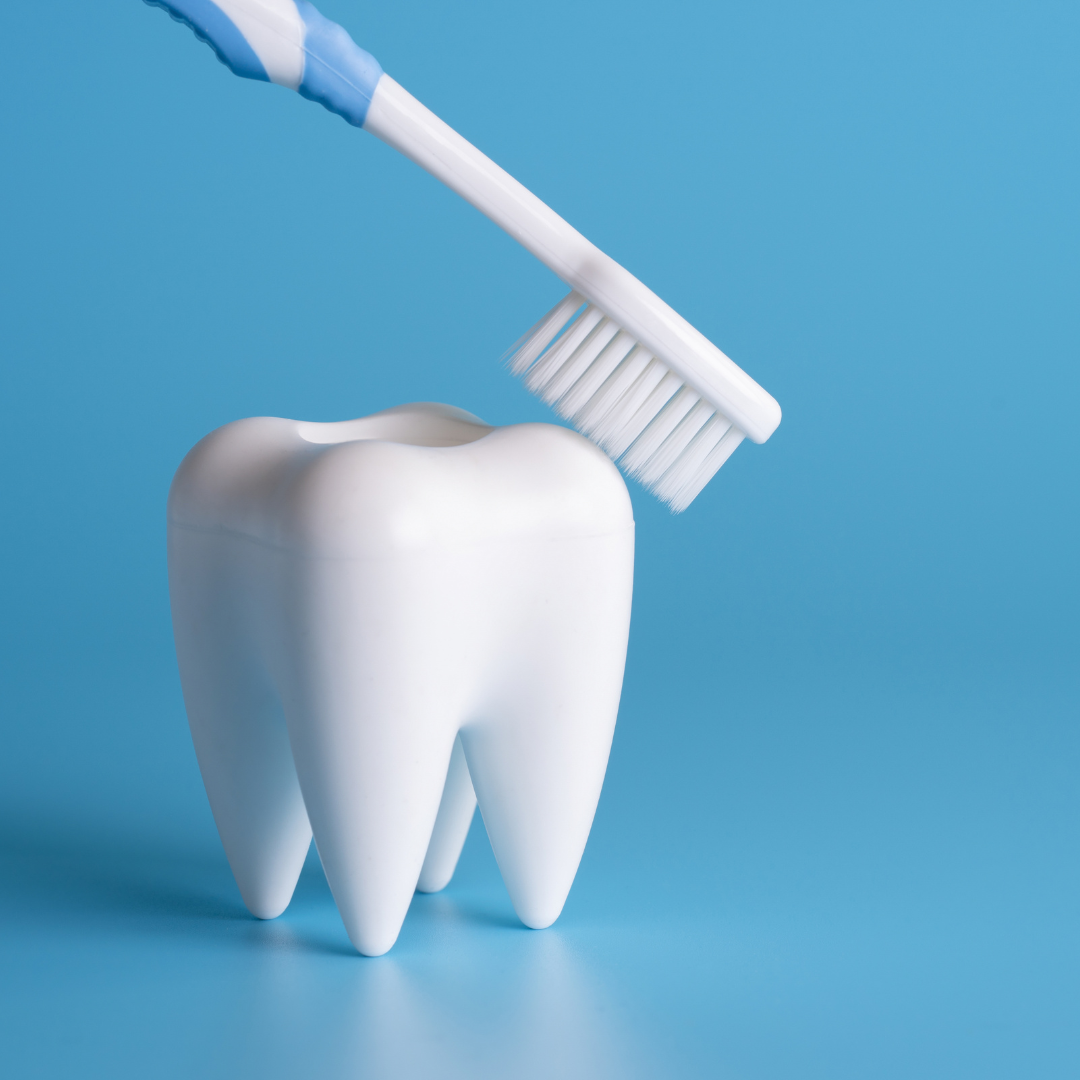Fresh Expressions Dental
Can You Reverse Cavities? What You Need to Know About Tooth Decay
Tooth decay is one of the most common dental problems, but many people wonder if it's possible to reverse cavities or if they’re permanent once they’ve formed. In this guide, we’ll break down what cavities are, if they can be reversed, and how you can prevent further damage.
What Is Tooth Decay?
Tooth decay, also known as cavities or caries, occurs when the enamel on your teeth is damaged by acids produced by bacteria in your mouth. These acids break down the minerals in your enamel, leading to tiny holes or cavities. If left untreated, cavities can grow larger and reach deeper layers of the tooth, causing pain and infection.
Can Cavities Be Reversed?
The short answer: It depends.
- Early Stages of Decay: In the very early stages of tooth decay, the damage is limited to the enamel. If caught early, it's possible to reverse the decay through remineralization. This process involves replenishing lost minerals in the enamel using fluoride, calcium, and phosphate.
- How to Remineralize Enamel:
- Use fluoride toothpaste.
- Drink plenty of water.
- Limit sugary and acidic foods that contribute to enamel erosion.
- Consider fluoride treatments from your dentist.
- Advanced Cavities: Once a cavity has formed a hole or reached the dentin (the layer beneath the enamel), it cannot be reversed. At this point, the damage is permanent, and you’ll need restorative dental treatment like fillings, crowns, or root canals to restore the tooth.
How to Prevent Cavities
The best way to avoid cavities is through prevention:
- Brush Regularly: Brush your teeth twice a day with fluoride toothpaste to help prevent plaque buildup and decay.
- Floss Daily: Flossing removes food particles and plaque from between your teeth, which a toothbrush can’t always reach.
- Limit Sugary and Acidic Foods: Foods and drinks high in sugar and acid can contribute to enamel erosion and cavity formation.
- Regular Dental Checkups: Visit your dentist regularly for checkups and cleanings, so they can catch any signs of decay early.
- Fluoride Treatments: Consider fluoride treatments from your dentist, which can help strengthen your enamel and reduce the risk of cavities.
When to See a Dentist
If you suspect you have a cavity, it’s important to visit your dentist right away. Early treatment can stop the decay from progressing and may prevent the need for more extensive procedures.
Conclusion
While you can reverse early tooth decay through remineralization, once a cavity has formed, it cannot be undone. Good oral hygiene, regular dental visits, and a healthy diet are your best defense against cavities. If you have concerns about cavities or tooth decay, don’t hesitate to reach out to Fresh Expressions Dental. We’re here to help keep your smile healthy and cavity-free!
Share Post:
Leave Your Comment
search Article
Recent Posts



Have a question?
Contact Fresh Expressions Dental for exceptional care and appointments. Let our team assist you with any dental needs. Reach out today




